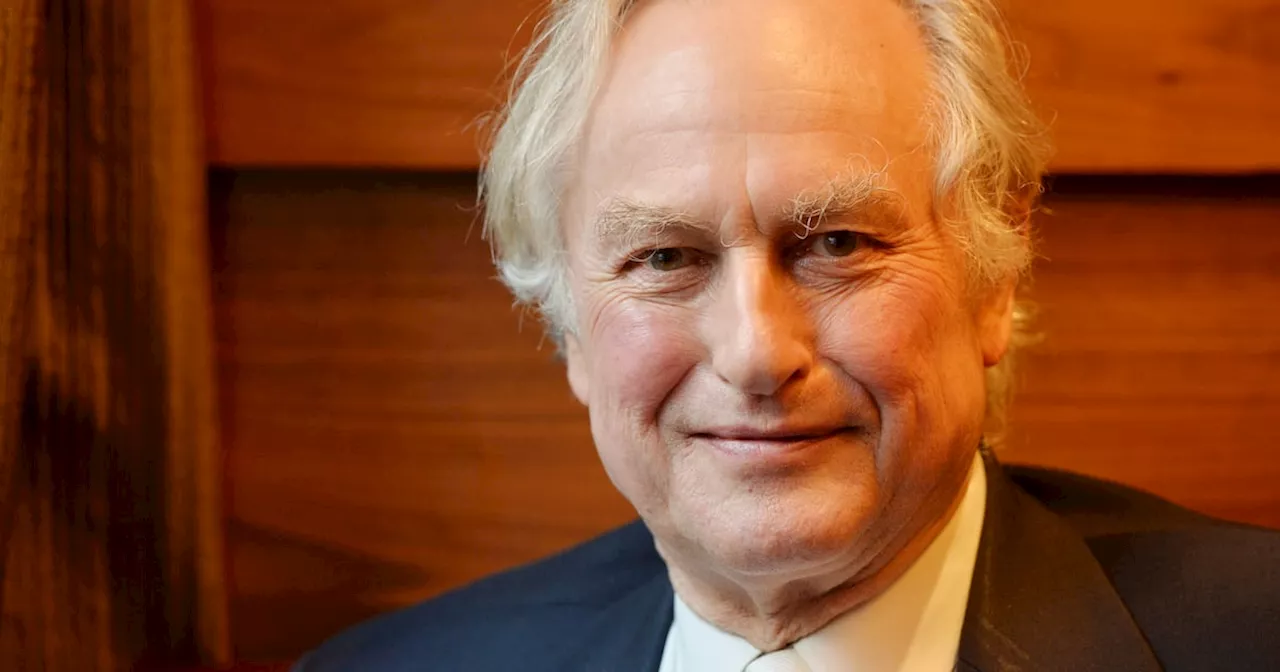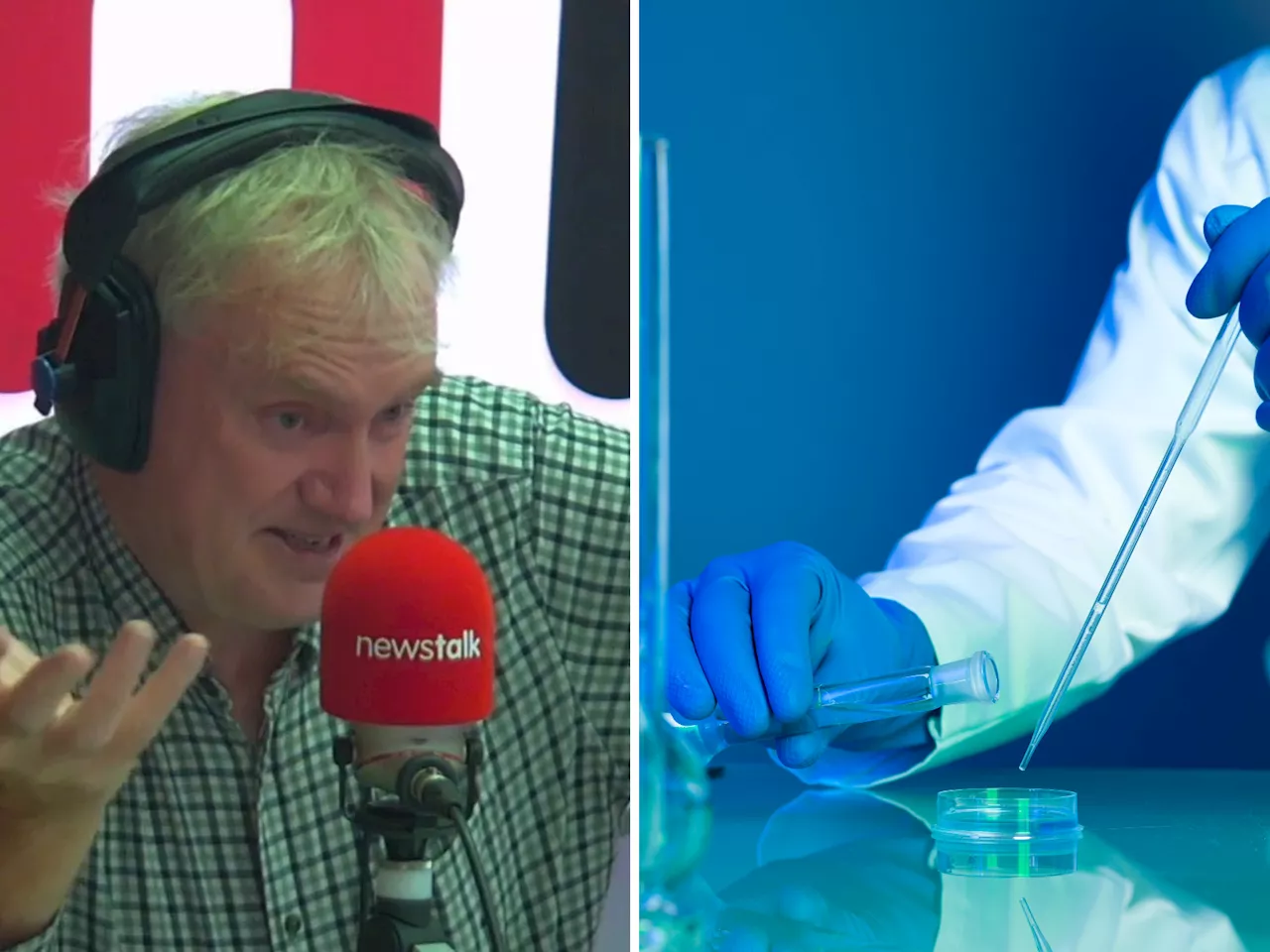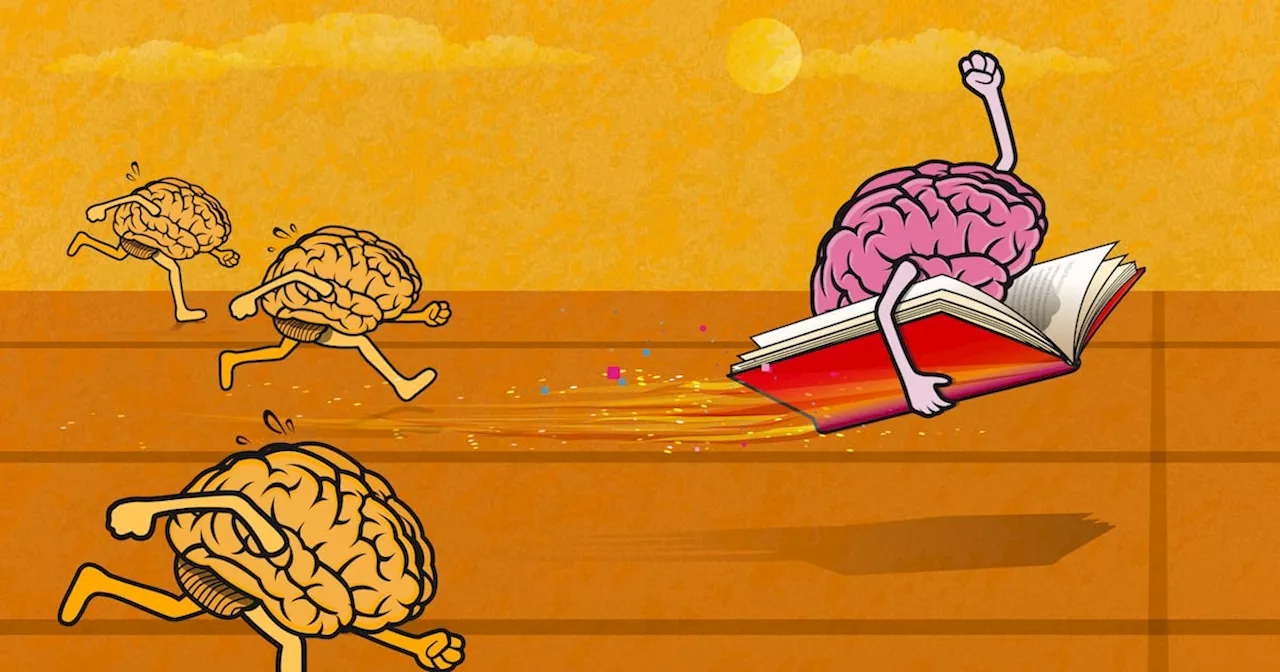Genetic engineering deployed to insert gene for human insulin into a bacterium, thus harnessing the substance for widespread use
The story of the discovery of the hormone insulin, the elucidation of its role in controlling blood sugar levels and its development as a successful treatment for diabetes isHormones are chemical messengers that affect/control many bodily processes. Insulin plays a key role in regulating blood sugar levels — a lack of insulin or an inability to react adequately to insulin causesGlucose is the body’s main source of energy, and the brain relies exclusively on it.
In Type 2 diabetes, also known as Resistance Diabetes, body cells are resistant to insulin and less well able to absorb glucose from the blood. Depending on the level of insulin resistance, Type 2 diabetics may also take insulin injections to manage blood glucose levels. Pharmaceutical company Eli Lilly then entered the picture and quickly developed a method for higher purification of insulin from pigs/cows. More than two tonnes of starting material was required to produce 8oz of purified insulin. But by the early 1970s, a problem emerged. Supplies of animal pancreases declined and the prevalence of Type 1 diabetes grew, precipitating fears of insulin shortages.
Diabetes Fda-Food-And-Drug-Administration
Ireland Latest News, Ireland Headlines
Similar News:You can also read news stories similar to this one that we have collected from other news sources.
 The Genetic Book of the Dead: A Look at Evolution and Our OriginsRichard Dawkins's 'The Genetic Book of the Dead' explores the fascinating science of evolution and how living creatures came to look and behave as they do. The book delves into the mysteries of genetics, explaining the reasons behind diverse physical traits across species. While primarily focused on scientific explanations, Dawkins avoids direct confrontation with creationists, instead offering a compelling narrative about the origins of life.
The Genetic Book of the Dead: A Look at Evolution and Our OriginsRichard Dawkins's 'The Genetic Book of the Dead' explores the fascinating science of evolution and how living creatures came to look and behave as they do. The book delves into the mysteries of genetics, explaining the reasons behind diverse physical traits across species. While primarily focused on scientific explanations, Dawkins avoids direct confrontation with creationists, instead offering a compelling narrative about the origins of life.
Read more »
 Luke O’Neill: Lab grown organs could revolutionise disease treatmentHuman cell research could help to develop cures for multiple genetic and neurological diseases, according to Professor Luke O’Neill.
Luke O’Neill: Lab grown organs could revolutionise disease treatmentHuman cell research could help to develop cures for multiple genetic and neurological diseases, according to Professor Luke O’Neill.
Read more »
 Feeling stressed? Luke O'Neill explains why that might be hereditaryResearch published in Molecular Psychiatry details how negative life experiences physically change men’s sperm.
Feeling stressed? Luke O'Neill explains why that might be hereditaryResearch published in Molecular Psychiatry details how negative life experiences physically change men’s sperm.
Read more »
 Will exercising my brain keep it in shape?While there are likely to be positive effects when engaging in stimulating your brain, biology and genetics will play their own significant part in how we age
Will exercising my brain keep it in shape?While there are likely to be positive effects when engaging in stimulating your brain, biology and genetics will play their own significant part in how we age
Read more »
 Leinster Schools: Castleknock sneak past Kilkenny to reach quarter-finalsA late Luke Hanly try and Matthew Brennan conversion gave Dublin side victory at Energia Park
Leinster Schools: Castleknock sneak past Kilkenny to reach quarter-finalsA late Luke Hanly try and Matthew Brennan conversion gave Dublin side victory at Energia Park
Read more »
 Experience and the wisdom that comes with it are highly valued in Asian cultureSingapore gave this Irishman exactly the boost he needed
Experience and the wisdom that comes with it are highly valued in Asian cultureSingapore gave this Irishman exactly the boost he needed
Read more »
